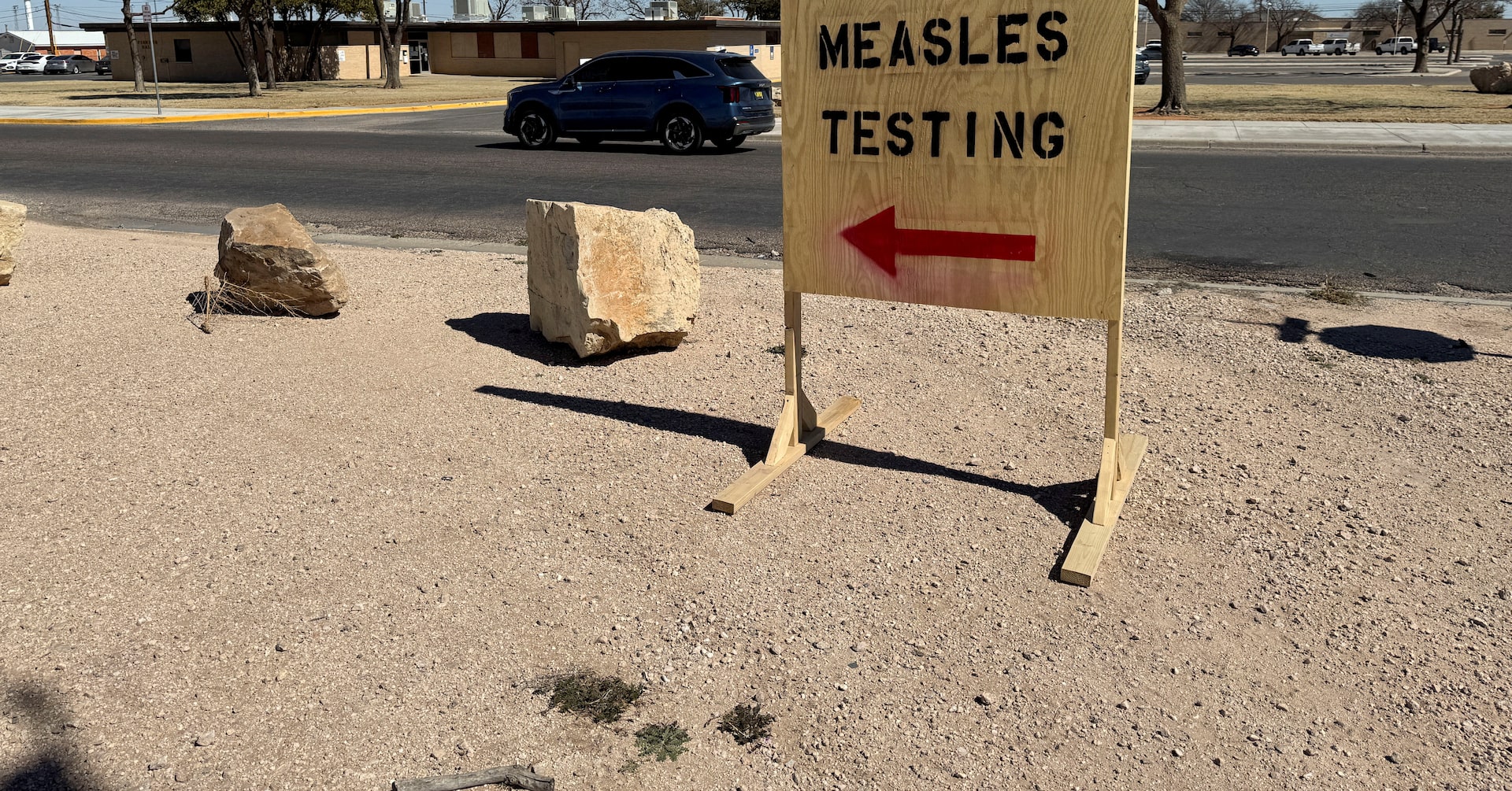Measles Outbreak Surges: Southwest States Grapple with Rapid Spread

Texas is experiencing a significant surge in measles cases, with state health officials reporting 422 confirmed infections as of Tuesday. This marks a notable increase from the previous count of 400 cases recorded just weeks ago on March 28th. The rapid rise in measles cases has prompted health authorities to intensify their monitoring and public health response, raising concerns about potential community spread of the highly contagious disease.
The escalating numbers underscore the importance of vaccination and prompt medical attention, as measles remains a serious public health challenge. Health officials are urging residents to ensure their immunization records are up to date and to seek immediate medical advice if they suspect exposure or show symptoms of the illness.
